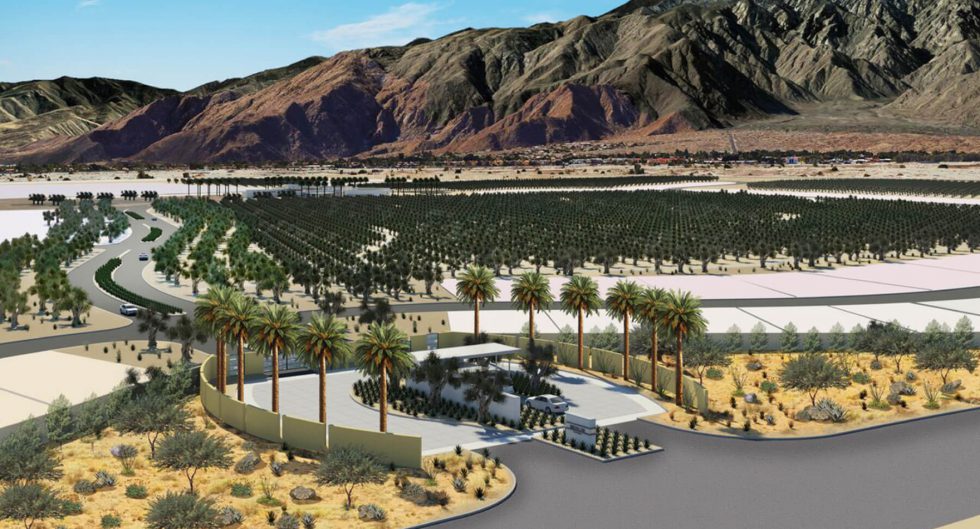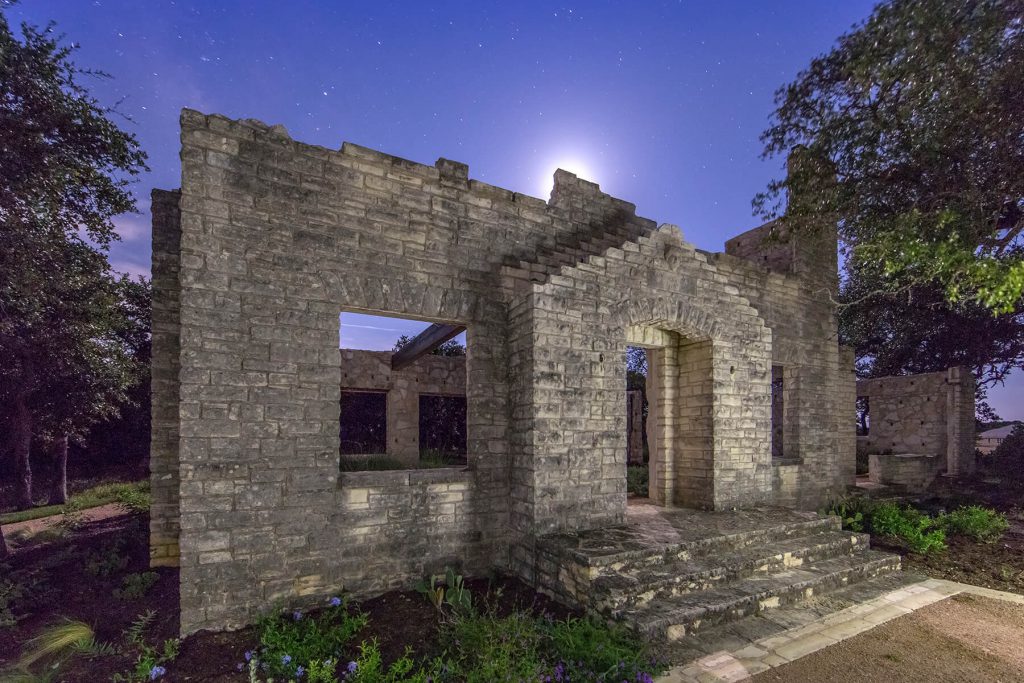
March 21st, 2019
Agrihoods: Community Engagement and Wellbeing From the Ground Up
Original article by Suzanne Maddalon for Propmodo >
Urban Land Institute is engaged in an ongoing study of an increasingly popular type of community that incorporates neighborhood farms into the land-plans and amenities. These neighborhoods are called “agrihoods” and harken back to the original way that communities engaged with each other around food production. ULI’s 2018 report Agrihoods: Cultivating Best Practices examines a growing body of evidence that developments centered on working farms and gardens can have a positive effect on human health, environmental sustainability, and real estate performance.
One of the most valuable of these benefits is community engagement. As ULI Global Chief Executive Officer W. Edward Walter writes, “Each new real estate project represents an opportunity for developers and other project stakeholders to invest in a community’s overall health and well-being, social equity and cohesion, environmental sustainability, and overall quality of life.”
Inspiring residents to identify with the community and bond with their neighbors can also achieve that elusive “it” factor for successful placemaking. Agrihoods do this organically, from the ground up, even as community branding takes root in a place identified by its connection to the land.
Our firm recently opened South Florida’s first agrihood, called Arden, in Palm Beach County that consists of a five-acre farm serving 2,000 planned homes. Arden is set on 1,209 acres and includes a mile-long central lake, 20 miles of trails, and 500 acres of parks and open space.
Farming can be a complicated and risky process for those without experience, so in order to make sure this project was a success, we hired two full-time farm directors – Carmen Franz and Tripp Eldridge. With extensive backgrounds in organic farming, they guide homeowners in the cultivation of fruits, vegetables, herbs, and flowers. This way even residents without much growing experience will be able to reap the benefits of this agrihood.
“A farm at the heart of a community embodies the spirit of healthy living,” says Eldridge. “We want ours to be successful not only at providing delicious food but also by actively engaging residents. To be a farmer, it takes athleticism. You’re out there with your neighbors, working hard to produce food to fuel your own body.”
Eldridge and co-director Franz recently guided the community in its first ever harvest, including tomatoes, cucumbers, peppers, basil, dill, spinach and okra.
At the opposite end of the country from Palm Beach is Palm Springs, where we are building one of the country’s largest agrihoods called Miralon. We envisioned this project with a sustainable twist. Set on 300 acres, with a planned 1,150 residences, Miralon is transforming a previously constructed 18-hole golf course into working olive groves, community gardens and walking trails. It is reclaiming a large part of land previously only usable by a small percentage of the community and reducing a massive amount of water consumption (thick putting green turf is not very well suited for desert climates).
Over the past several months we have planted over 7,000 olive trees – both young and mature specimens. Eventually, the community will have more than 70 acres of olive trees, cultivated with drip-irrigation by Temecula Olive Oil Company, Olive oil from the orchard will be pressed on-site, and produce from the community gardens will go directly to the tables of residents. Also being planted are 300 citrus trees.
Evolving the existing golf course into habitat-sensitive, agricultural open space is a response to the precious resources of the Coachella Valley including its thirst for water. At the same time, the approach responds to people’s desire for authentic experiences.
We have also expanded the agrihood concept in our Texas masterplans. Orchard Ridge in Liberty Hill (near Austin) has 670 homesites on 248 acres and an expansive system of walking trails, playgrounds, orchards, community gardens, and neighborhood parks in Texas Hill Country. In nearby Dripping Springs, the 1,035-acre Headwaters development includes broad expanses of natural habitat, five protected hilltops and eight miles of trails.
These embody a “preservation development” approach. The Headwaters land plan allows each home to back-up to open space, while preserving the hilltops for magnificent views and natural contours. It also strictly limits impervious cover so that rainwater is absorbed into the soil and vegetation. Design guidelines encourage the use of native species and architecture that respects the history and natural resources of the property.
The community won the 2019 Gold award for Best Landscape Design at The Nationals, which honors the building industry. Its protected views of Texas Hill Country allow another landscape-based amenity: A Stargazing Amphitheater. Perched atop a protected hilltop are the remnants of the original ranch home built in the last century. The structure has been carefully deconstructed – revealing stone masonry handiwork – to become the setting for the amphitheater. Astronomers from University of Texas frequently gather with Headwaters families for celestial events – eclipses, meteor showers and supermoons.

The original ranch home is preserved as part of Headwaters’ Homestead Park, which also includes the Star-Gazing Amphitheater. Photo by Freehold Communities.
As the first Dark Sky Community in Texas and a member of the International Dark-Sky Association, Dripping Springs requires smart lighting solutions that reduce glare and sky-glow to protect the night sky. Headwaters has chosen lighting options that comply with stringent light-pollution-reducing guidelines without sacrificing the community aesthetic.
We believe that the future of communities revolves around shared interests and values. What better way than to bring neighbors together than with a shared sustainable, productive farm and the natural beauty that comes with it?
As Vice President of Marketing for Freehold Capital Management, Ms. Maddalon directs the company’s strategic marketing program, which includes market research, master-planned community branding, development of new communities, and builder marketing campaigns. Prior to her role at Freehold, Ms. Maddalon served as Senior Vice President at Lyon Communities, where she managed the company’s marketing, sales, training, and development of new communities. Before joining Lyon, Ms. Maddalon led the Marketing and Research department at the Irvine Company as Senior Director.